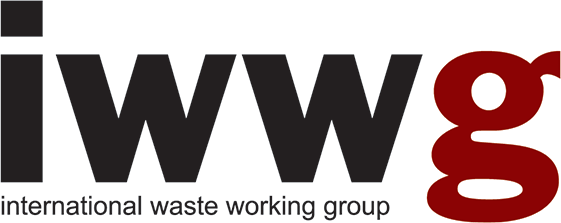by Maria Cristina LAVAGNOLO, University of Padova, Italy
contact: mariacristina.lavagnolo@unipd.it
The Covid-19 pandemic, has emphasised the need to consider the interconnectedness of our planet, and the importance of highlighting new, and previously underrepresented perspectives on global waste management issues. The new corner, “Info from the global world” wants to collect thoughts and impressions from different parts of the world, with the aim of contributing to a more innovative and inclusive waste management studies discourse. The column will promote cultural intersections on issues affecting circular waste management, environmental protection and human health. We will highlight contributions from diverse expert authors who discuss, among a number of topics, how gender inequality and environmental racism can be combated through truly sustainable waste management and how the circular economy and Sustainable Developing Goals can contribute to combating poverty and mitigating waste inequalities.
Published columns |
|
|---|---|
 | FROM CIRCULAR TO LINEAR SYSTEMS: HOW THE REFILLABLE GLASS BOTTLE BECAME SINGLE-USE PACKAGING “The purpose of this note is to analyse why the refillable glass bottles were once introduced, how single use beverage packaging was phased in and why the refillable bottles were finally phased out. This note thus describes a reversed transition; from the circular to the linear. Materials have been collected from Swedish governmental reports, brewery magazines and newspaper articles.” Download full text |
 | INFORMAL RECYCLING IN VANCOUVER: BINNERS’ CHALLENGES AND OPPORTUNITIES “Informal recycling is mostly studied in the context of global south cities. This article explores a North American perspective on the topic, demonstrating major shared challenges that these vulnerable populations encounter in the course of their daily endeavour…” Download full text |
 | THE SOURCE OF WASTE AND THE END OF WASTE: COVID-19, CLIMATE, AND THE FAILURE OF INDIVIDUAL ACTION “The Covid-19/Coronavirus pandemic, which has gripped the globe for the first half of 2020, has patently demonstrated the fallacy of emphasising the role of individual action as a determinant step in addressing our waste and climate change challenges.” Download full text |


